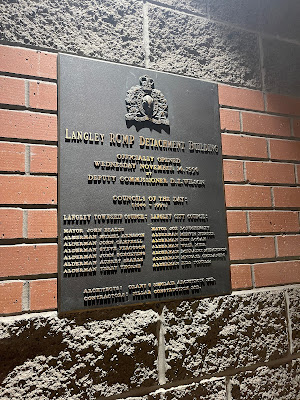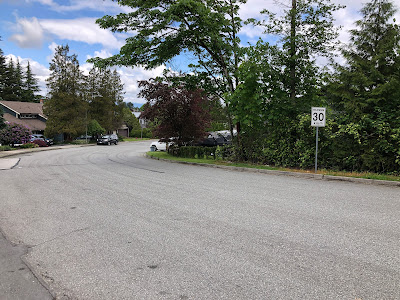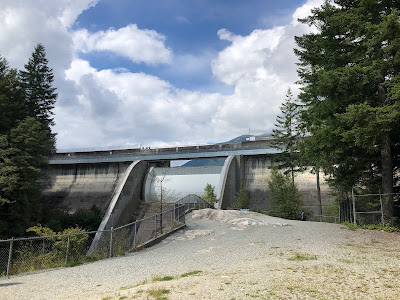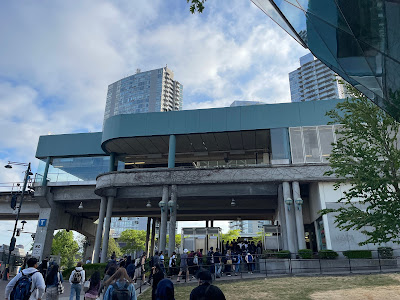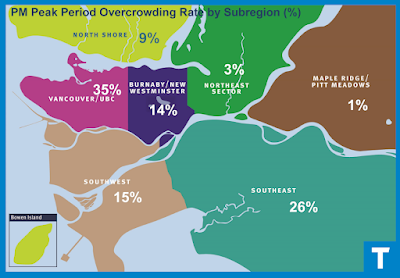Langley City Council addressed several development-related items at its June
19th public meeting.
Council gave first and second reading to a rezoning bylaw and land-use
contract discharge for 5360 204 Street, currently known as the Pyramid
Apartments. If approved by Council, it would enable the construction of a
12-storey, 370-unit apartment building.

|
|
A rendering of the proposed project at 5360 204 Street. Select the image
to enlarge.
|
There are some unique attributes of this proposed project. The first is that
the Pyramid Apartments is a purpose-built market rental building. This
attribute triggers a Langley City Official Community Plan policy that requires
the redevelopment project to have at least the same amount of purpose-built rental units
(secured for the life of the new building.) There are currently 44 one-bedroom
rental units that are, on average, 590 sq. ft. The proposed project will have:
- 7 - 417 sq. ft. (on average) studio rental units
- 25 - 560 sq. ft. (on average) one-bedroom rental units
- 21 - 791 sq. ft. (on average) two-bedroom units
Langley City's Housing Needs Report
calls out the need for one- and two-bedroom rental units in our community.
The other important attribute of this project is that, if approved, it would
require demolishing the current purpose-built rental building, making it
subject to
Council's Tenant Relocation Plans policy.
The next project to receive first and second reading by Council was for an
8-storey, 78-unit apartment at 5404, 5406, 5408 and 5414 207 Street.

|
|
A rendering of the proposed project at 5404, 5406, 5408 and 5414 207
Street. Select the image to enlarge.
|
Langley City staff will now schedule a public hearing for both of these
proposed rezonings. I will post more about these proposed projects after the
public hearing.
Council also gave first and second reading to update our zoning bylaw to allow
taller industrial buildings (from 15 metres to 30 metres), up to 10% of an
industrial site to have office uses, and to reduce the parking requirements
for industrial buildings to 1 space per 100 m2 in the I1 zone.
One of the ways to maintain a walkable, attractive, and vibrant downtown is to
ensure a wide assortment of business types. As such, and at the request of the
Downtown Langley Business Association, Council gave first and second reading
to update our zoning bylaw to require a 400-metre separation distance between
businesses that provide the following services: hair cuts, hair styling, hair
chemical treatment, pedicures, manicures, facials, lashes, microdermabrasion,
microblading, permanent make-up, waxing, laser, hydro, anti-aging, skin
rejuvenation theray, shiatsu, acupressure, reflexology, bio-kinesiology,
hellework, polarity, reiki, rolfing, trager and other touch therapies and
techniques.
Current businesses would be grandfathered in.



